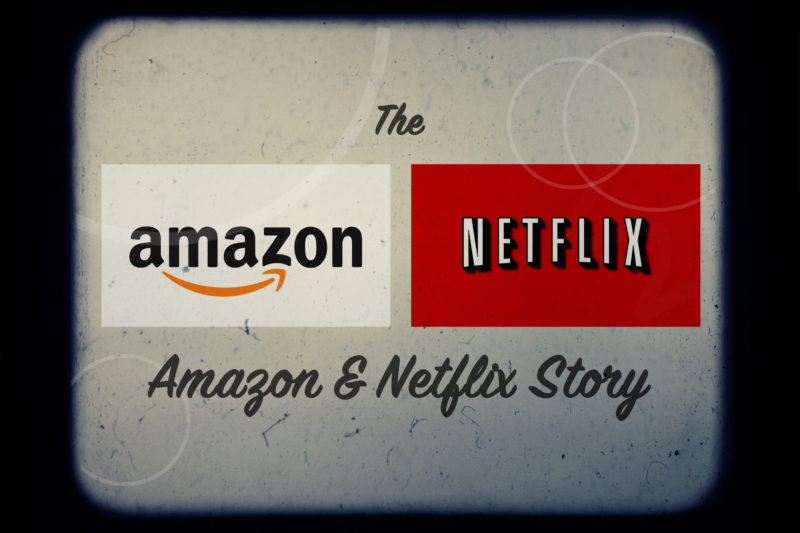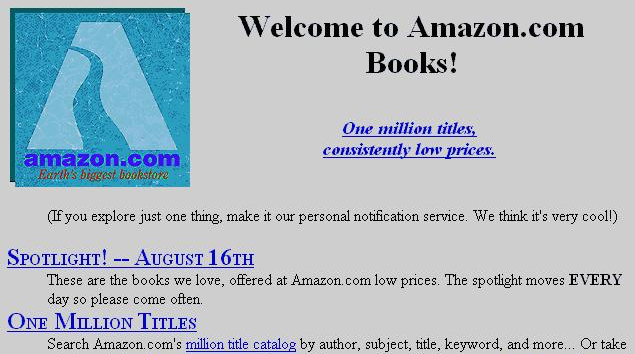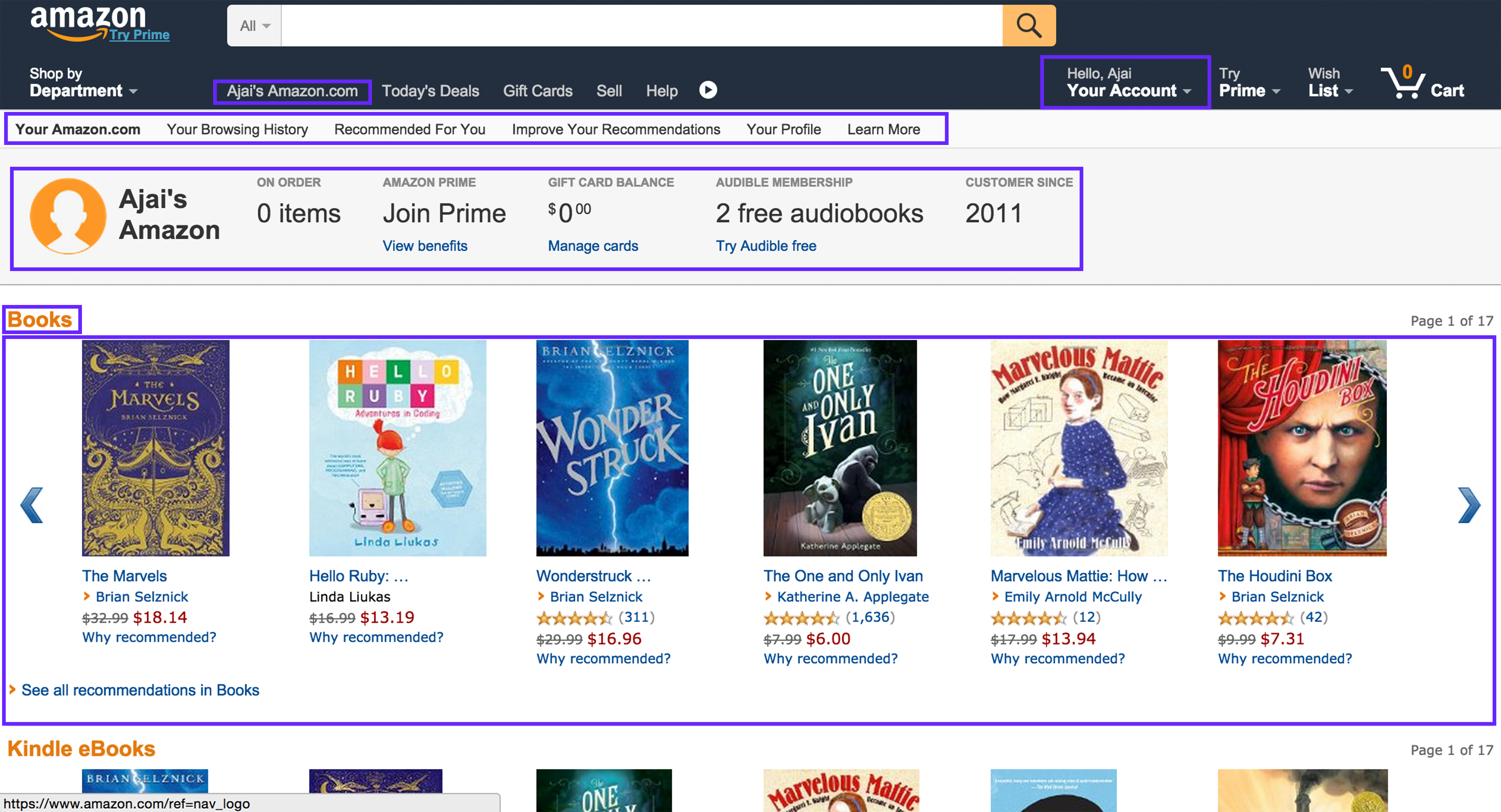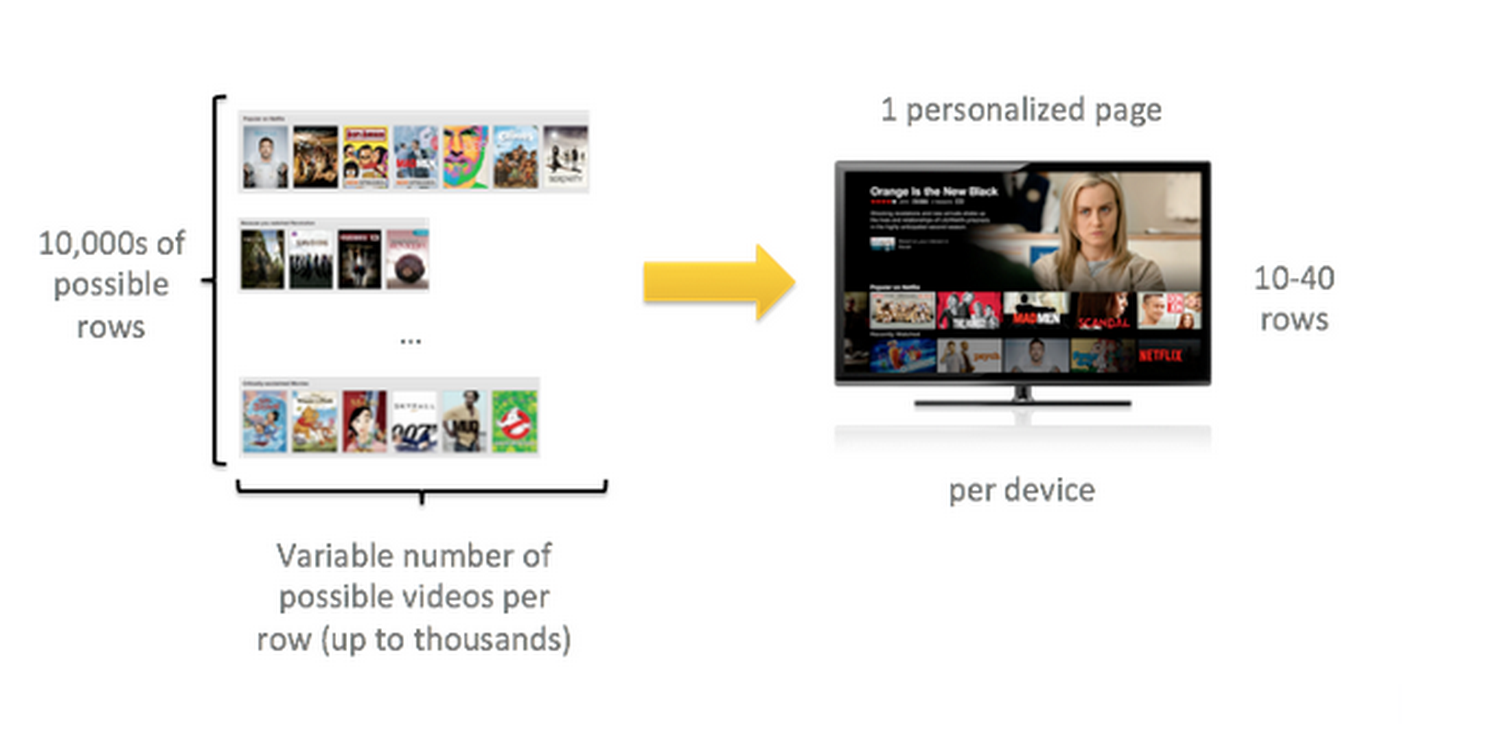
As the online world gets more competitive, staying relevant is all about knowing what your customers want from you. A Digital Trends study showed that 73% of consumers would prefer to buy from businesses who used personal information to make their customer experience more relevant. A Janrain survey found that 75% of consumers prefer brands that personalize to them. It’s generally accepted that 80% of a company’s profit comes from just 20% of its customers. It’s also expected that having a good customer experience will be the most important brand differentiator by 2020.
So people want a personalized experience. And to keep your most valuable customers, businesses must provide that extra level of customer care and service. But how can you deliver an outstanding experience for each of your customers, without relying on just guesswork? If you want a blueprint for success, just look at two of the best pioneers of online personalization: Amazon and Netflix.
Data At The Heart Of Decision-Making
When Amazon started in 1995, and Netflix in 1997, both companies understood that human intuition was important, but most effective when backed up by data. They believed guesswork could take you only so far. To get real results, you had to be data-driven, and act on exactly what each customer was telling you through their actions.
It was this marriage of ideas around being data-driven and personal on a 1:1 level that laid the foundation for each company’s success today.
In the beginning, Amazon was an online retailer just for books – far from the biggest one-stop shop in the world that it is today. But even then, they were exploring data-driven personalization. The first line of Amazon’s original 1995 homepage said – “If you explore just one thing, make it our personal notification service. We think it’s very cool!”. Personalization, an unrelenting focus on the customer and data are the foundation of Amazon. And this has allowed them to maximize metrics like Customer Lifetime Value and return visits.

Likewise, Netflix began as a DVD delivery service. But when they changed in the 2000s to incorporate instant streaming, they knew that being data-driven was the best way to understand their members. Given this, people would never be able to find the movies they wanted if Netflix relied on human intuition alone to show each user the right content from their 100,000 titles.
In 2006, Netflix held a competition about personalization. They offered $1 million to the team that could improve the accuracy of their existing personalization and recommendation system, Cinematch, by 10%. Since then, they’ve poured resources into improving their personalization engine. This keeps members happy and attract trial users to become loyal followers.
Data-Driven Personalization Gave Amazon & Netflix The Winning Edge
Netflix and Amazon are juggernauts with over $50B and $250B market capitalizations respectively. Both use data to manage their wide array of content and users. Matching people with the right product, at the right time, and in the right order is a combination of art and science, where machine learning plays a leading role.
Today, almost everything you see on Amazon and Netflix is personalized. For Amazon, the need to personalize came out of necessity. To compete against brick and mortar stores with retail sales representatives, they needed to show that they could understand customer needs without ever interacting with a customer face-to-face. They used behavioral data (page views, searches, and purchases) for each person. Additionally, trends among similar customers automatically show the best product for each person to purchase now and in the future.

Compare Netflix’s video experience with others like HBO. It’s Netflix’s personalization that makes finding a movie or show to watch addictive and rewarding. Netflix collects data around what you watch, for how long, your ratings of content, what device you watch from, and so on. This allows them to customize the experience for its over 65 million members. Its sophisticated algorithms personalize your homepage. And now, discovering new content is enjoyable and fun. In the process, Netflix hooks you with its service, making you a loyal customer.

For each of these companies, using data to personalize the customer experience has led to strong competitive differentiation & business success.
But Amazon & Netflix Aren’t The Only Ones Personalizing
So why isn’t every company using big data and machine learning to personalize the customer experience? It once seemed unavailable to companies without extraordinary engineering talent or budgets. But that’s no longer true. With companies like Vidora offering SaaS personalization, this technology is a reality. Others have mentioned that personalization might be more of an experimental tool. But if the stories of Amazon and Netflix prove anything, it’s that nothing could be further from the truth. The only way to win and keep your online customers is to use data to cater to their needs.
Both credit online personalization as being a key reason for their success today:
“The personalisation and recommendation engine is the backbone of our company”- Amazon VP
“At Netflix we use personalisation extensively and treat every situation as an opportunity to present the right content to each of our over 57 million members”- Chris Alvino and Justin Basilico
Now, more and more leading companies see the invaluable role data and 1:1 online personalization plays in their business. Companies like Walmart, Panasonic, and NewsCorp have already seen massive success with personalization, and many more continue to queue up today.
The online world can’t physically face each of its consumers. But using your data with A.I. and machine learning to create personalized experiences will help you stay competitive. Amazon and Netflix have already shown how this can redefine your business. Now is the time to get serious about personalizing!



